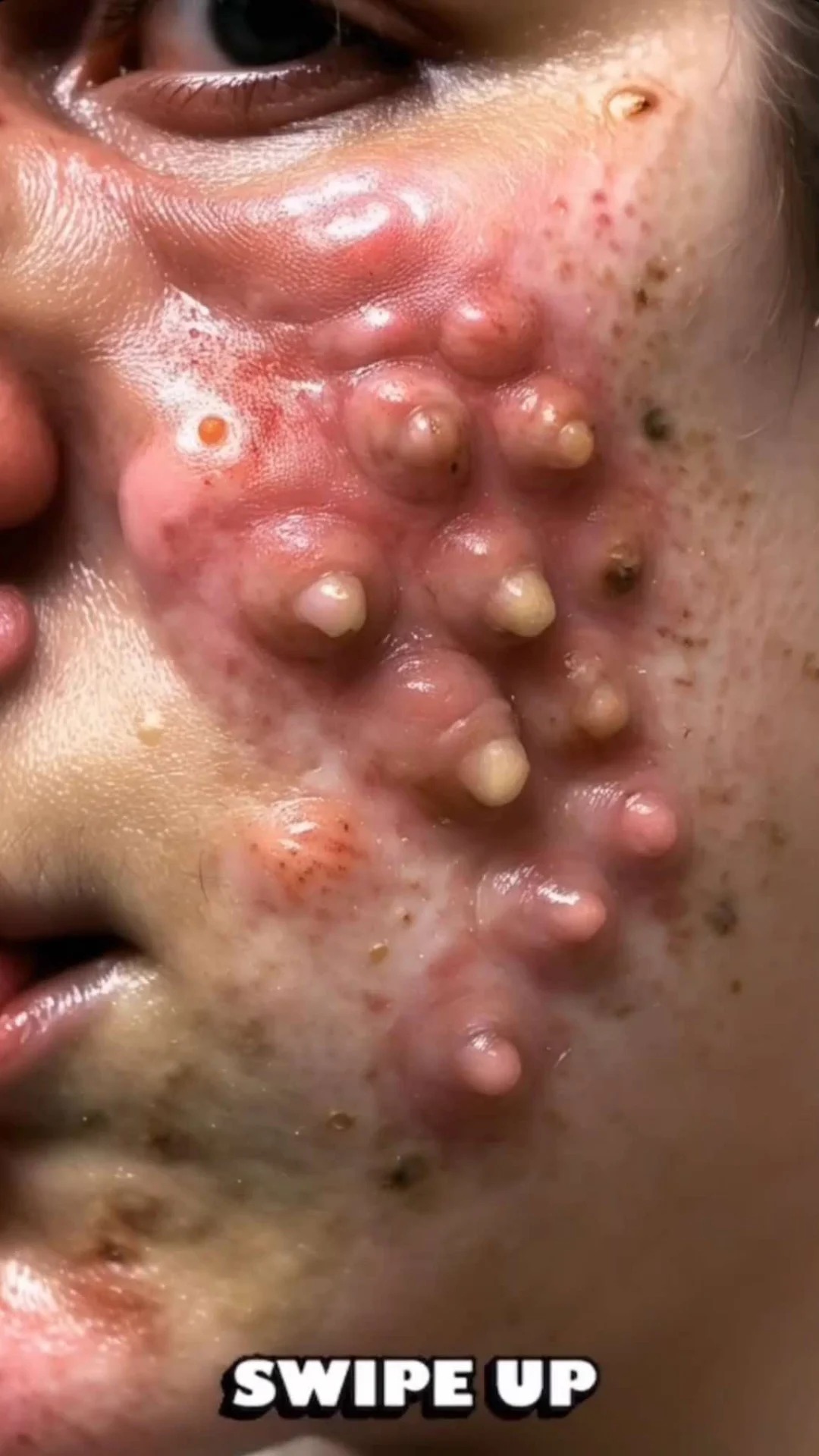Acne near the tops of the cheeks is linked to the respiratory system according to ancient Chinese mapping, so if you are frequently walking in cities or driving with your windows open, you’ll want to take extra care cleansing your face. Try employing an air purifier or some air-purifying plants in your home.

On the other hand, Chang notes you may also want to look at possible environmental triggers in your lifestyle, including dirty pillowcases, bed sheets, and cell phone cases. Lots of things come into contact with your cheeks every day, so cleaning the items around you can help reduce new pimples from cropping up.Treating and Preventing Acne Acne can feel frustrating, especially if it is recurring in the same spots. With consistent care and the right approach, however, you can more effectively treat breakouts and prevent them from coming back. Of course, the first step is to understand the root cause of the acne to treat it accordingly, but here are some general tips for managing acne of any kind. Seek professional help. Consult a dermatologist if you experience persistent or severe acne. An expert can create a personalized treatment plan for you, which may include prescription products. Cleanse. Wash your face daily (day and night is preferable) with a mild cleanser to remove any excess oil, dirt, makeup, and bacteria buildup without irritating the skin. Moisturize. Use a moisturizer to keep your skin hydrated. Choose a light moisturizer that won’t clog the pores.Exfoliate. Exfoliating a few times per week can help remove dead skin cells and prevent clogged pores. It’s important to avoid over-exfoliating. Avoid touching your face. Keep your hands off your face (and especially avoid picking with dirtyfingernails!). Touching your face can transfer oils and bacteria from your hands to your face, which can cause breakouts.Stay hydrated. Drink plenty of water to help your skin stay healthy and clear. Water is important for clearing the skin and keeping it well moisturized from the inside out. Eat a nutritional diet. Eat a diet that can help keep your skin healthy. This means avoiding high-sugar and high-fat foods that can trigger breakouts. Manage stress. Practice stress-reducing activities like yoga, meditation, or exercise, which can help keep breakouts at bay. Stress is a major cause of some breakouts. Use acne treatments. Apply over-the-counter acne treatments like ointments, lotions, oil-based cleansers, and other products that contain benzoyl peroxide, salicylic acid, or alpha hydroxy acids.



